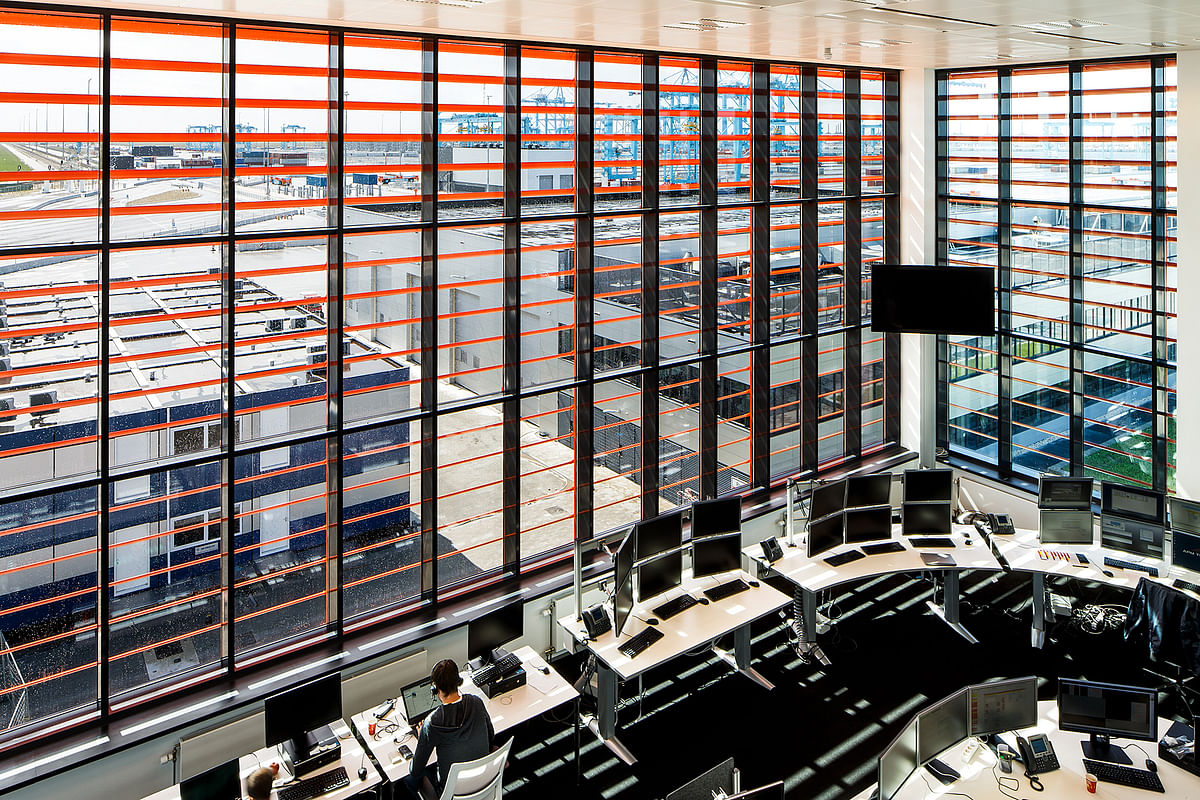
First glimpse: “Work, Body, Leisure”, the Dutch Pavilion exhibition for the 2018 Venice Biennale
By Justine Testado|
Friday, Mar 23, 2018
Related
In response to the “Freespace” theme of the 2018 Venice Biennale, the Dutch Pavilion's “Work, Body, Leisure” exhibition explores the different forms of creativity and responsibility that architecture has in response to emerging technologies in automation. The exhibition examines historical and present-day case studies in Rotterdam, as well as utopian and dystopian visions of a society where full automation is the norm.
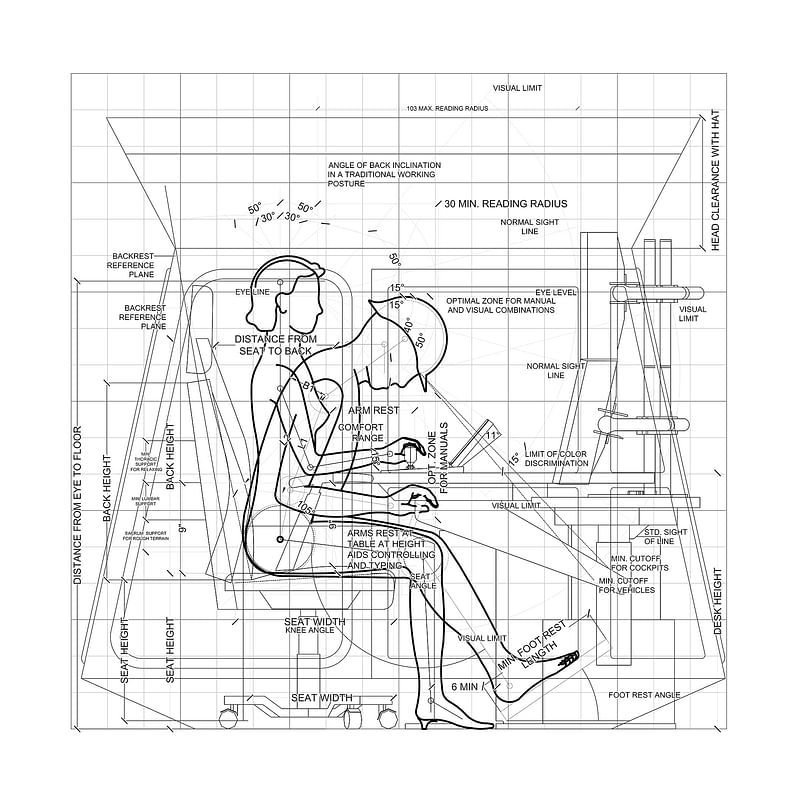
Based off architect and artist Constant Nieuwenhuys' “New Babylon” and building upon the Het Nieuwe Instituut's “Automated Landscapes” research initiative, “Work, Body, Leisure” explores how the architecture of full automation is being implemented in present-day Rotterdam.
“New Babylon” imagines a seemingly utopian society that devotes its energy to creativity and play. At the same time, the project discusses the risks and potential dangers of a society dependent on fully automated labor, wherein “violence wouldn't be completely eradicated by the new technological order, and would become, rather, an intrinsic part of its processes and aims.”
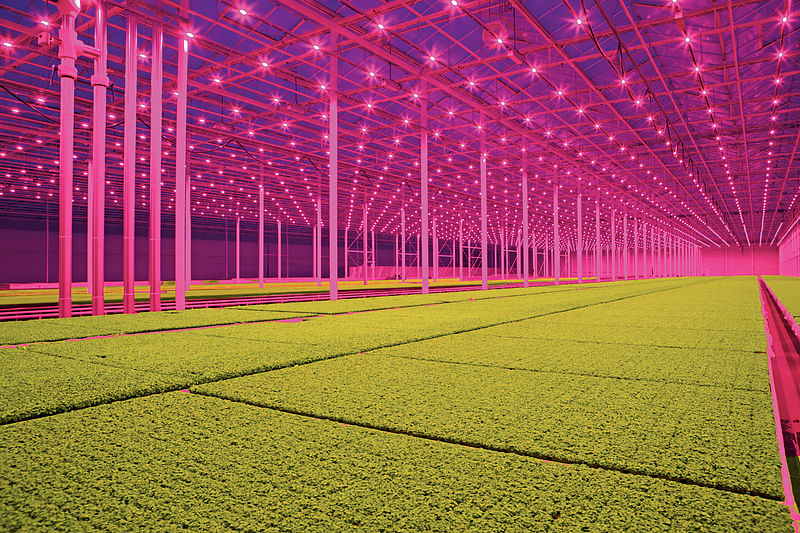
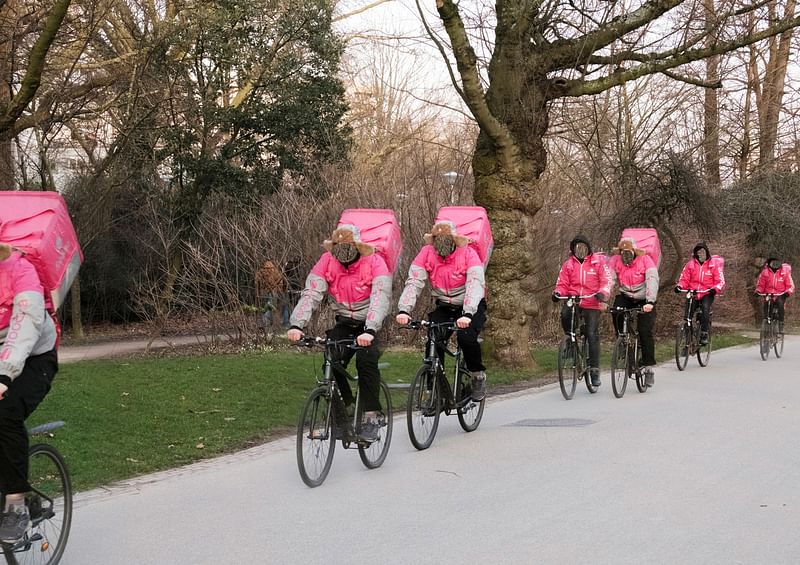
Highlighting different theoretical viewpoints on how full automation will change society, “Work, Body, Leisure” argues that these visions are already shaping present-day labor structures, as well as the human capacity to redesign them according to different ethical principles.
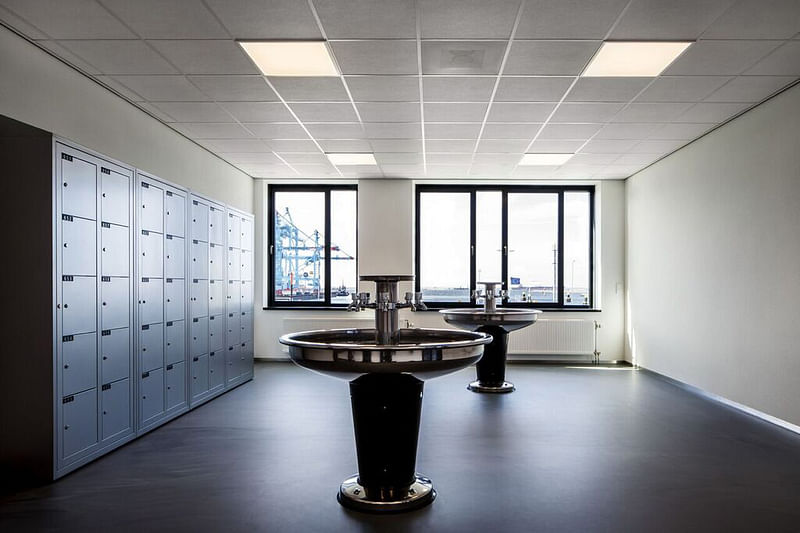
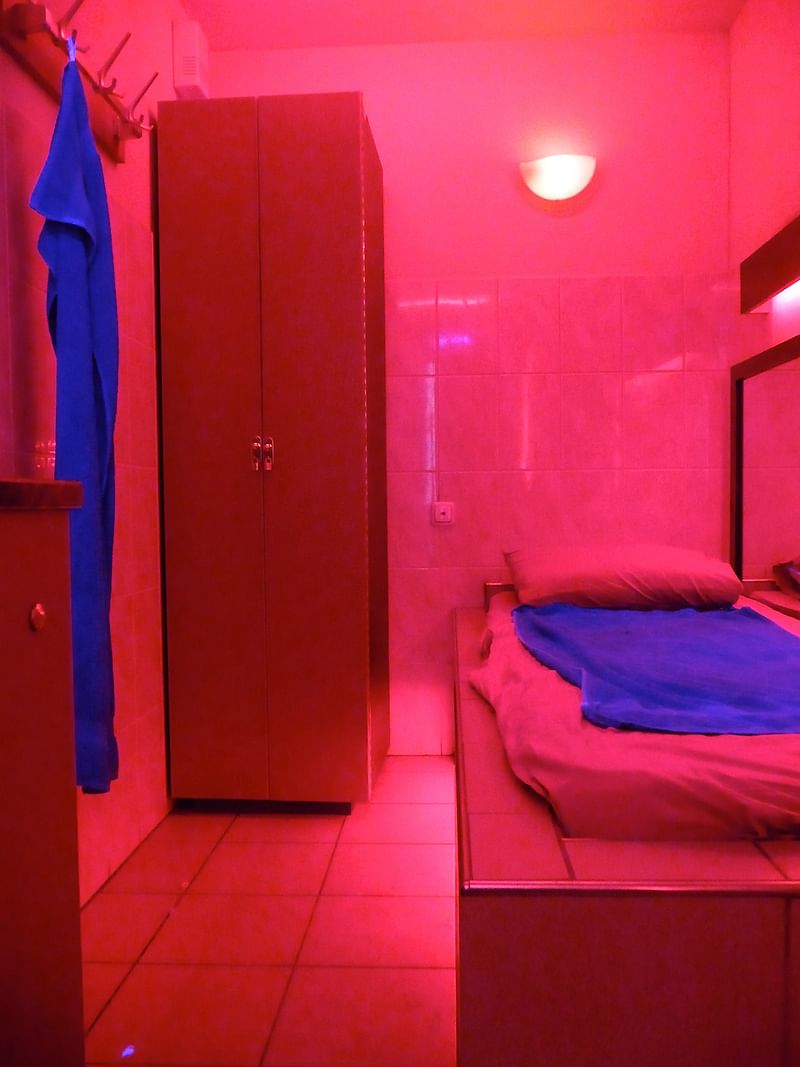
“In addition to historical and present-day case studies of automated landscapes in the Netherlands, the project will explore spaces that challenge traditional boundaries between work and leisure, and analyze the spatial arrangements and protocols that are molded for the interaction between humans and machines... The exhibition will also discuss the legal, cultural, and technical infrastructures that enable their exploitation.”
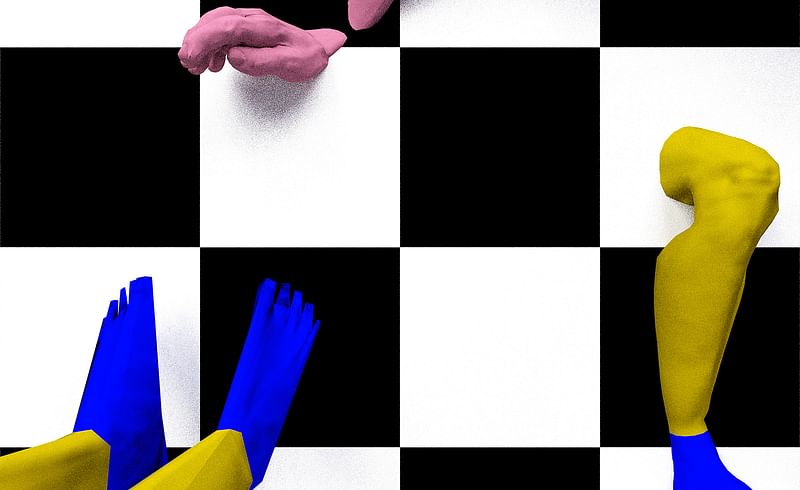
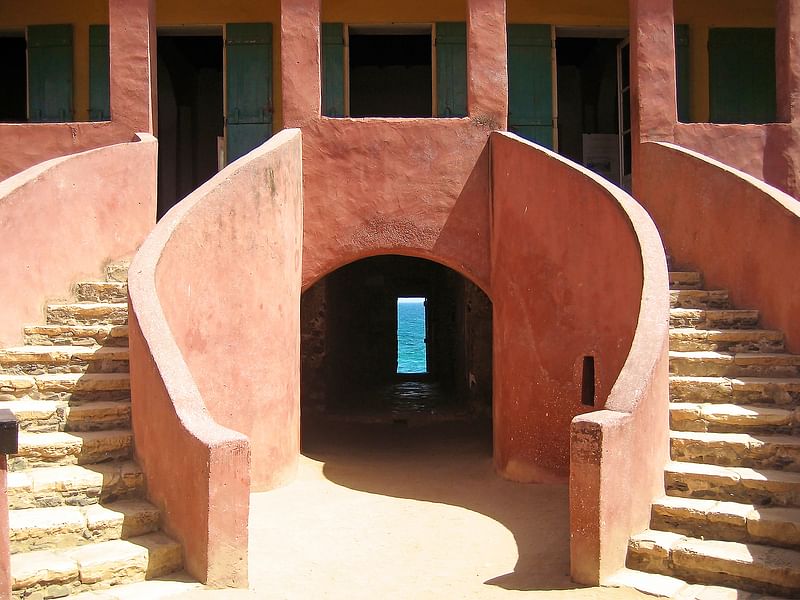
You can learn more about “Work, Body, Leisure” here.

RELATED NEWS Winning participants revealed at 2016 Venice Biennale Golden Lion ceremony

RELATED NEWS Revealed: “My Detroit” postcard winners for the 2016 U.S. Venice Biennale exhibit

RELATED NEWS The architects of the U.S. Pavilion for the 2016 Venice Biennale


Share
0 Comments
Comment as :